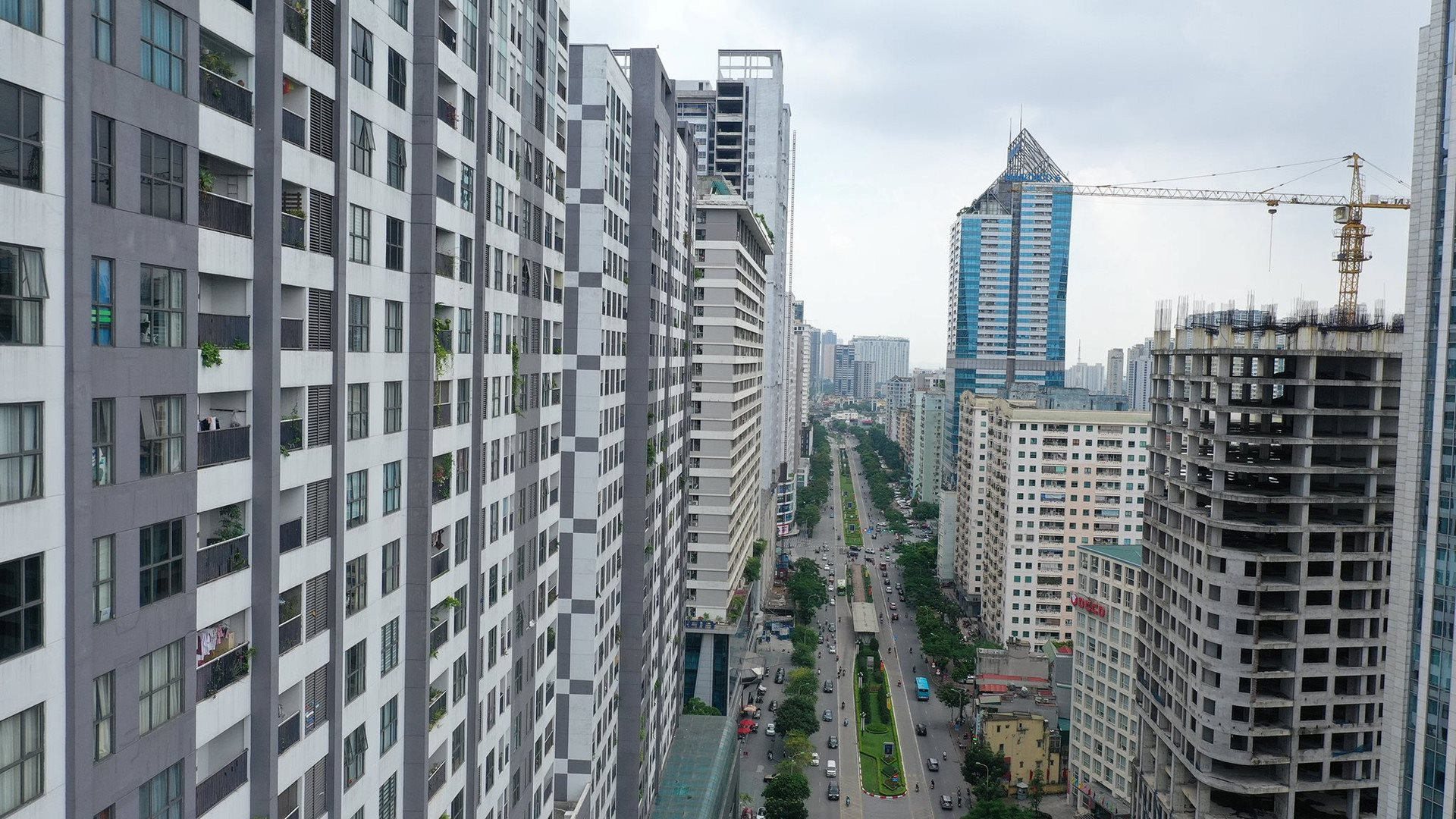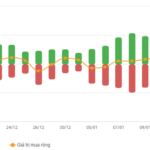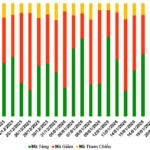Tightening Second Home Loans Unlikely to Curb Housing Prices
The Ministry of Construction is seeking feedback on a draft resolution aimed at controlling and stabilizing the rising real estate prices. The proposal suggests stricter lending limits for individuals purchasing second or subsequent properties, targeting speculative activities and market stability. Under this plan, financial institutions would only lend up to 50% of the contract value for a second home and no more than 30% for third or additional properties (excluding social housing).
Mr. Nguyễn Quốc Hiệp, Chairman of GP Invest, believes that if approved, this measure could reduce speculation and property abandonment. However, bank loans remain a popular financing method for homebuyers. Tightening credit for second-home buyers will inevitably impact overall market demand, making it harder for developers to sell their properties.
Moreover, the proposal may not account for all real-life scenarios. For instance, individuals buying two homes for their children’s use, not for speculation, should not face such lending restrictions. Mr. Hiệp suggests refining the policy to assess buyers’ intentions before applying the 50% or 30% caps. “Restrictions should target vacant properties, not genuine needs,” he added.
According to Mr. Hiệp, while this measure may curb speculation, it won’t significantly lower housing prices. Addressing the root causes—supply-demand imbalances and land valuation—is essential. “Until supply meets demand, encouraging loans is more beneficial than tightening them,” he noted.

Reducing purchasing power could severely challenge businesses. Many buyers rely on bank loans, and developers often subsidize interest rates to facilitate sales. Without clear regulations, credit tightening would harm enterprises. “Restrictions should only be considered once supply and demand are balanced,” Mr. Hiệp emphasized.
State-Managed Real Estate Exchange to Combat Speculation
Prime Minister Phạm Minh Chính recently chaired the second meeting of the Central Steering Committee on Housing and Real Estate, focusing on social housing development. He stressed the need for tax policies to deter speculation and price manipulation, ensuring capital flows into priority areas like social housing.
The Prime Minister also called for enhancing technology, information systems, and data management to oversee brokerage activities and real estate exchanges. He proposed establishing a state-managed real estate and land-use rights exchange center.
Mr. Nguyễn Văn Đính, Chairman of VARS, highlighted the importance of this initiative for market transparency. The exchange would streamline procedures, ensure electronic transaction records, and reduce tax evasion. Connected databases would enable authorities to monitor market fluctuations and address speculative activities promptly.
Centralized data management would enhance accountability among market participants, ensuring all transactions are regulated and transparent.
Proposed Credit Tightening for Real Estate: Capital Gridlock, Market Freeze
Experts argue that while the policy of market stabilization and real estate price control is sound, the proposed credit tightening by the Ministry of Construction requires careful consideration. Such unilateral measures and abrupt regulatory actions could disrupt the market, leading to widespread panic and severe consequences. Instead, the focus should be on increasing supply and reducing input costs, which are more sustainable solutions for long-term market health.
Experts Highlight 5 Major Risks in the Ministry of Construction’s Proposal to Tighten Second Home Loans
The Ministry of Construction’s recent proposal to tighten lending for second home purchases has sparked considerable debate. Experts argue that the core solution lies in increasing the supply of affordable housing to meet genuine demand, rather than implementing administrative interventions that could negatively impact the market.




















